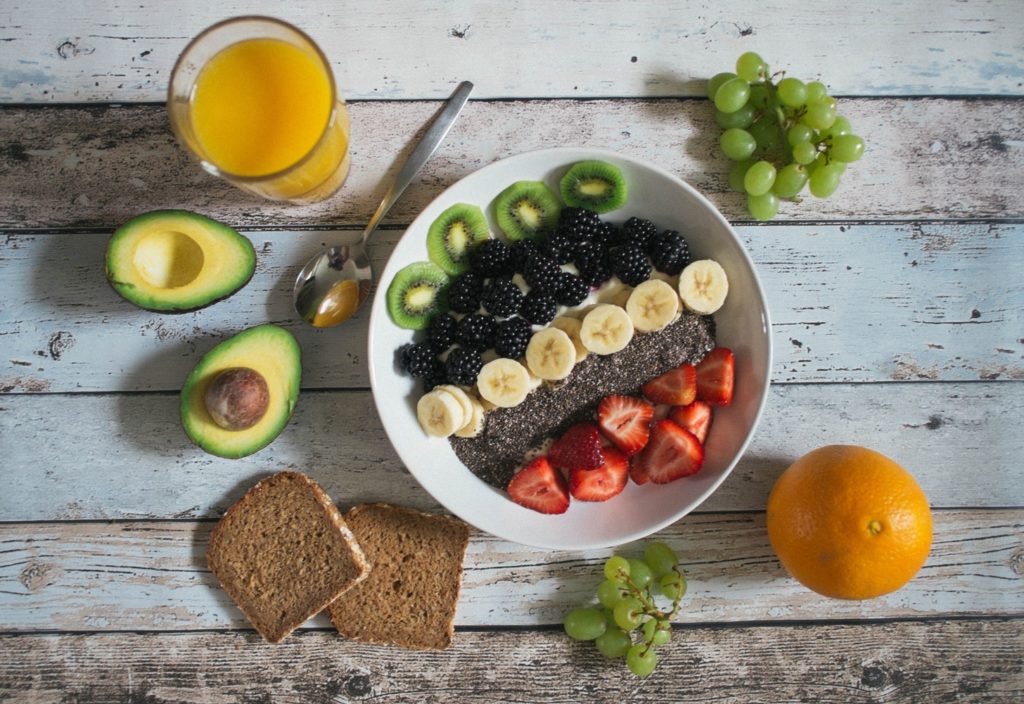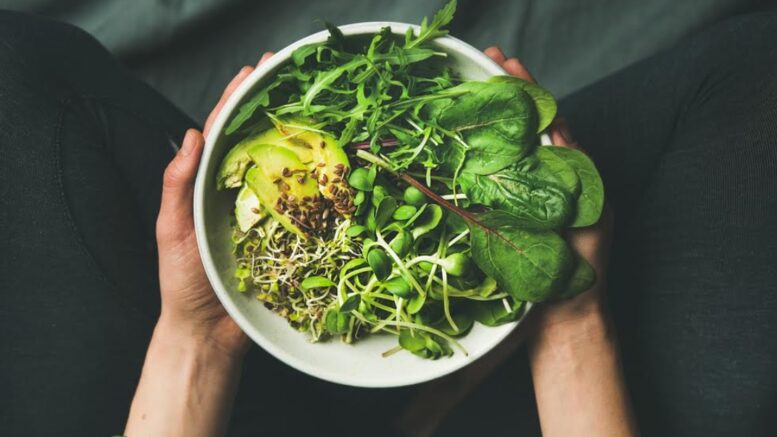A person’s diet is incredibly personal to them and their lifestyle, not to mention their health needs and general wellbeing. With this in mind, there are hundreds and maybe even thousands of different diets that people can follow, but one that has been gaining a lot of traction in recent years is veganism.
Although veganism isn’t a new concept, more people are aware of it due to the impact the meat industry has on climate change and the environment. Furthermore, research has shown that humans don’t need to consume animals to be healthy, furthering the efforts of animal activists who are looking to protect livestock from being born to die.
That being said, some people simply can’t go vegan based on their available resources. For example, the reason why Muslims give Qurbani is so that people in need can get a nutritious meal they otherwise wouldn’t be able to source.
For most of us, though, going vegan is an attainable option. If you’re thinking about it, here are some of the top health benefits associated with eating a diet free from all animal produce.
Lowers your risk of heart disease
Heart disease is the leading cause of death in America. There are several types, but collectively, one person loses their life to heart disease every 36 seconds in the US. This amounts to one in four deaths. There are several factors than can influence whether a person is likely to be diagnosed with cardiovascular disease, including diabetes, being overweight, and eating an unhealth, unbalanced diet.
When a person eats a vegan diet, they are less likely to suffer from diabetes or be overweight (keep reading to learn more on this), and they’re also less likely to have a bad diet since they consume a wide variety of fruit and vegetables. This means vegans are approximately 42% less likely to die from heart disease.
Helps you to lose weight
As mentioned above, being a vegan can help you lose weight. Whilst everyone has a set point weight that their body naturally sits at, eating a vegan diet makes a person less likely to exceed this. Research has shown that vegans tend to have a lower BMI than non-vegans. Whilst BMI isn’t an indicator of overall health, it does show that their body mass is reduced, meaning they’re less likely to be overweight and suffer the consequences associated with that.

Can protect against some cancers
There’s a lot of conflicting data available relating to cancer incidence among vegans, but a good portion of it suggests that vegans are less likely to be diagnosed with certain types of cancer, including colorectal cancer, breast cancer, and prostate cancer.
This is based n multiple studies that look at certain food groups. For example, we know that eating legumes has been linked to a reduction in the chances of developing colorectal cancer, and we also have data that suggests eating lots of soy (as vegans usually do), can also reduce the risk of developing breast cancer.
Reduces blood sugar levels
The final major health benefit associated with eating a vegan diet is the reduction in blood sugar levels. Type 2 diabetes is a self-inflicted disease, but it can be greatly reduced and even reversed by eating a good diet. Research suggests that vegans are less likely to develop diabetes on the whole, but another study showed that 43% of people already diagnosed with diabetes were able to cut down on their medication to lower their blood sugar levels.
Summary
Going vegan isn’t attainable for a lot of people due to health and socioeconomic factors, but if you’re lucky enough to be in good health and are able to afford it and get easy access to food, eating a vegan diet could be beneficial in more ways than one.
